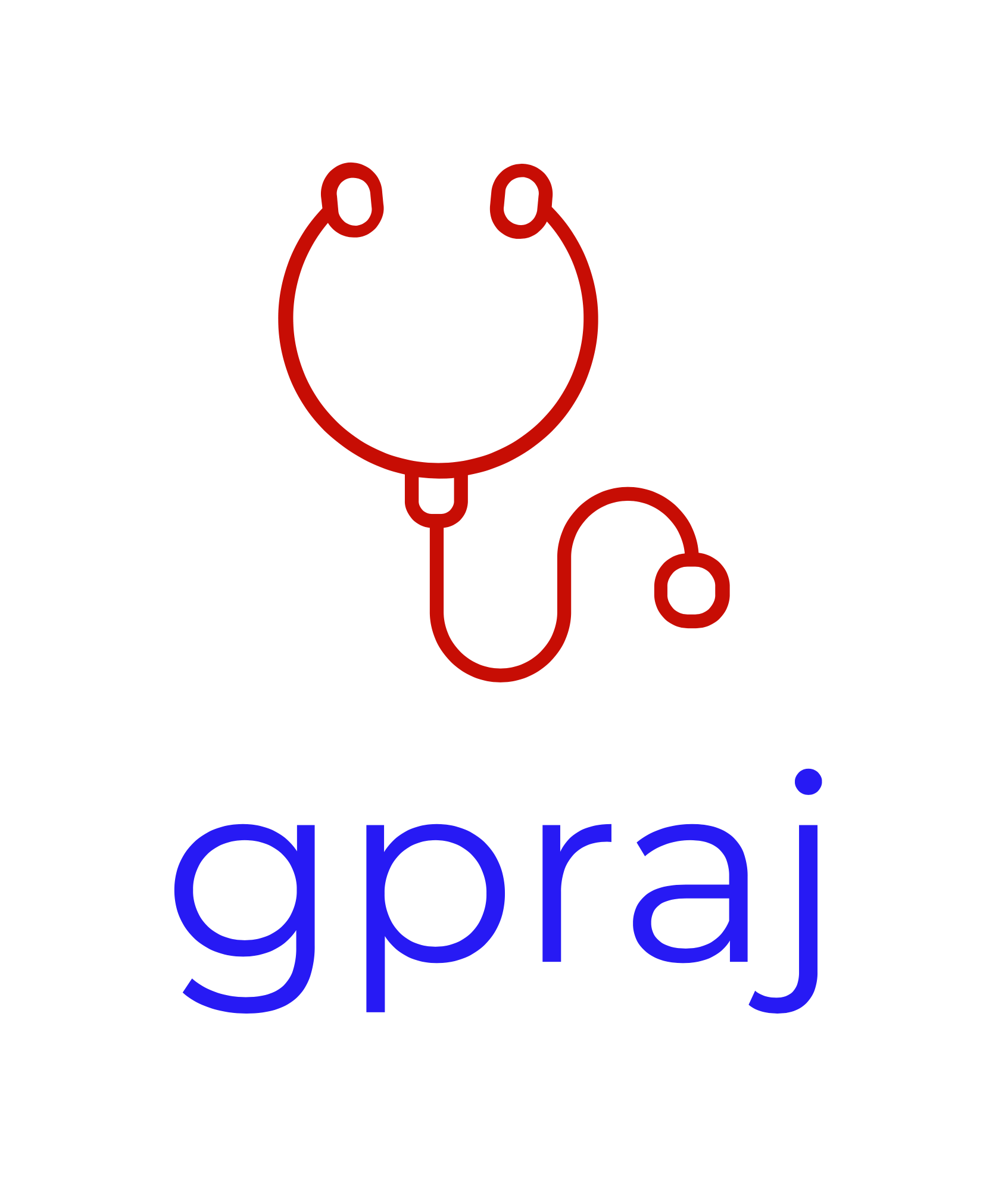Antiplatelet therapy
Action
Antiplatelet treatment is drug treatment that decreases platelet aggregation and inhibit thrombus formation in the arterial circulation.
Drugs
Low dose Aspirin 75mg once daily
Clopidogrel 75mg daily
Ticagrelor 90mg twice daily
Prasugrel 10 mg daily
Dipyridamole
Secondary prevention of atherothrombotic events in people with cardiovascular disease
Angina
Acute coronary syndrome (ACS)
ACS —> PCI
Stable coronary artery disease —> PCI
Atrial Fibrillation
Peripheral arterial disease (PAD)
Stroke or TIA
Aspirin (preferred) OR Clopidogrel
DAPT Aspirin + Ticagrelor (preferred) OR Aspirin + Clopidogrel
DAPT Aspirin + Prasugrel/ Ticagrelor/ Clopidogrel
DAPT Aspirin + Clopidogrel (preferred) OR Aspirin + Ticagrelor/Prasugrel
DAPT (aspirin + clopidogrel) if unable to give anticoagulants
Clopidogrel (preferred) OR Aspirin
Clopidogrel (preferred) OR Aspirin + MR dipyridamole
People at high risk of GI adverse effects
Risk Factors
High dose of aspirin.
Older age, especially aged over 70 years.
History of gastroduodenal ulcer, GI bleeding, or gastroduodenal perforation.
Helicobacter pylori infection.
Concomitant use of medicines that are known to increase the risk of GI bleeds.
If the person has a high risk of GI adverse effects (for example, bleeding) and is taking: Low-dose aspirin alone, or in combination with ticagrelor or prasugrel OR Clopidogrel alone, or in combination with low-dose aspirin:
Co-prescribe a proton pump inhibitor (PPI): lansoprazole or pantoprazole, for gastroprotection
Enteric-coated aspirin does not reduce the risk of GI complications, as the main effect of aspirin on the gastric mucosa depends on the systemic effects rather than the local topical effects
